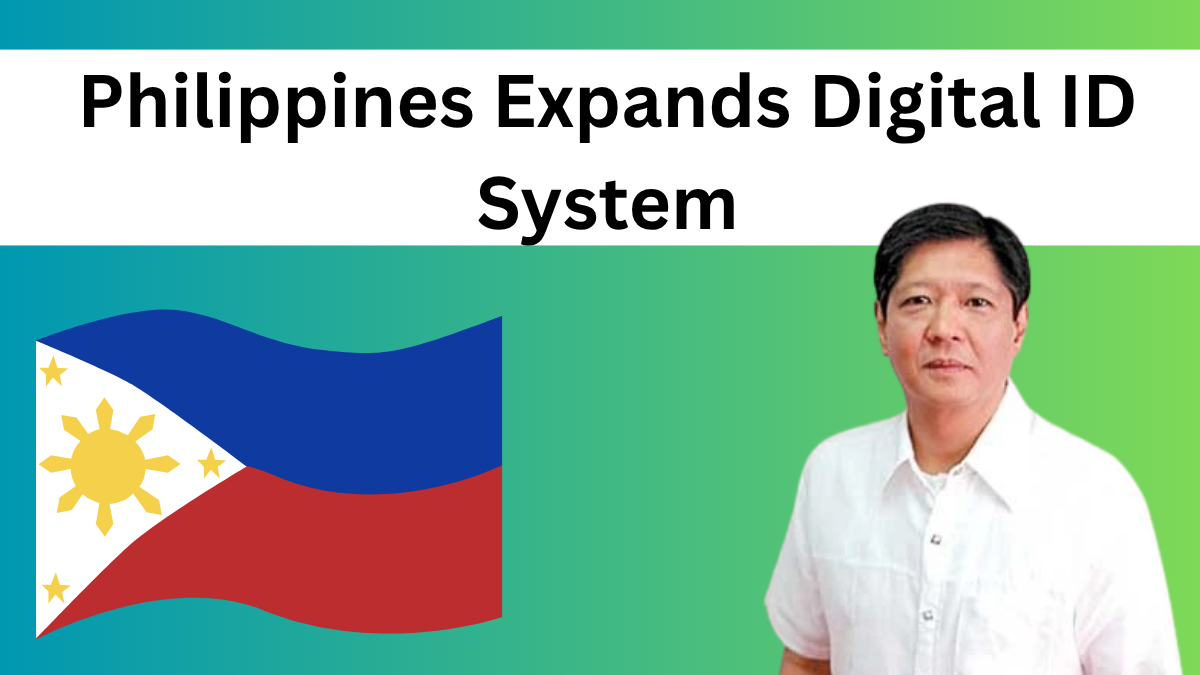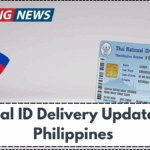In 2025, the Philippine government is accelerating the national push toward digital governance with the full PH Digital ID Expansion. This move aims to streamline citizen access to government services and reduce bureaucracy through a secure, unified digital identity. As part of the broader eGov launch, 2025 rollout, this expansion ties together multiple systems—such as PhilSys, social services, healthcare, and financial platforms—into one verifiable digital ID. The government views this as a critical infrastructure step toward efficient public service delivery and digital inclusion for all Filipinos, whether living in cities, provinces, or abroad.

Table of Contents
Philippines Expands Digital ID System
Feature |
Details |
|---|---|
Program Name |
PH Digital ID Expansion |
Lead Agency |
Philippine Statistics Authority (PSA) |
Launch Year |
2025 (Full-scale rollout begins Q2) |
Purpose |
Provide secure, centralized digital ID to all citizens and residents |
Linked Services |
eGov app, PhilHealth, SSS, GSIS, LTO, NBI, and banking platforms |
Access Methods |
Mobile app, QR code, physical card (optional) |
Official Government Info |
|
Key Update |
Integration with eGov super app and expanded rural access |
Key Highlights:
-
Free registration and activation for all Filipinos
-
Digital ID valid for public and private transactions
-
Biometric verification included
-
Mobile-first design for remote and provincial users
What Is the PH Digital ID Expansion
The PH Digital ID Expansion is the national upgrade of the Philippine Identification System (PhilSys), transforming it into a full-fledged digital identity used across government platforms. Initially rolled out as a physical ID, the new 2025 version includes digital access through mobile devices, biometric integration, and real-time service validation. Citizens will now be able to prove their identity digitally when applying for government aid, filing taxes, opening bank accounts, or accessing healthcare.
How It Connects with the eGov Launch
The eGov launch, 2025 rollout is the companion initiative to the digital ID system. It includes a centralized app that hosts multiple services in one interface:
-
Applying for national documents (birth certificates, passports)
-
Paying government fees and taxes
-
Accessing PhilHealth, SSS, and other benefits
-
Booking appointments at government offices
-
Verifying your identity with QR codes or biometric login
The PH Digital ID will serve as the access key for all these functions, removing the need for repeated logins, physical paperwork, or in-person appearances for most services.
Who Needs to Register
All Filipino citizens and permanent residents are required to register. This includes:
-
Adults (18+) for full access to government and financial services
-
Minors (under 18) for school registration, healthcare, and benefits access
-
Overseas Filipinos, who can enroll via Philippine embassies and consulates
Registration is free and can be done online, via mobile registration units, or at official PSA partner centers. You’ll need a birth certificate or government-issued ID to start, followed by biometric scanning and address verification.
Benefits of the 2025 Digital ID Rollout
The PH Digital ID Expansion offers significant advantages:
-
Faster service access: No more long queues or repeated ID submissions
-
Secure digital verification: Reduces identity theft and document fraud
-
Financial inclusion: Makes banking and loans easier to access for underserved populations
-
Cross-agency integration: Reduces delays and redundancy in processing government requests
-
Remote access: Especially helpful for rural areas and OFWs needing authentication from abroad
By combining security, simplicity, and digital reach, the expansion supports long-term goals around economic mobility and administrative transparency.
Implementation Timeline and Milestones
The 2025 rollout includes key phases:
-
Q1 2025: Final testing and pilot implementation in selected cities
-
Q2 2025: Nationwide registration drive and launch of updated eGov app
-
Q3 2025: Integration of major services (SSS, Pag-IBIG, PhilHealth, and LandBank)
-
Q4 2025: Expanded international enrollment for overseas Filipinos
As of mid-2025, over 70 million Filipinos are expected to be registered, with full adoption targeted by the end of the year.
Data Privacy and Security Measures
The digital ID system uses end-to-end encryption and biometric validation to protect users. All data collected by the PSA is governed by the Data Privacy Act of 2012, and no information is shared with third parties without consent. The QR code feature allows for temporary, controlled data sharing with banks or government offices. Citizens will also have access to an activity log showing when and where their ID was used.
Challenges and Next Steps
While the system promises efficiency, challenges remain:
-
Digital literacy gaps, especially among seniors
-
Internet access in far-flung areas
-
Need for training local government units and frontline staff
To address these, the government is deploying help centers, training programs, and mobile registration buses across the country. Future updates may include voice verification and support for indigenous languages.
FAQ
Who is required to register for the PH Digital ID Expansion?
All Filipino citizens and legal residents, including those living abroad, are expected to register.
Is there a fee to get the digital ID?
No, registration and use of the digital ID are completely free.
What services can I access with the new digital ID?
You can access eGov services like PhilHealth, SSS, passport applications, and even banking through the ID.
How do I register for the digital ID?
You can register online via the PhilSys portal or visit a PSA registration center with a valid ID and supporting documents.
Will I still receive a physical ID card?
Yes, but the digital version is the priority. A physical card is optional and will be issued upon request.
Is my data safe with the digital ID system?
Yes. The system uses biometric authentication and complies with national data privacy laws to secure your information.
Click here to learn more





